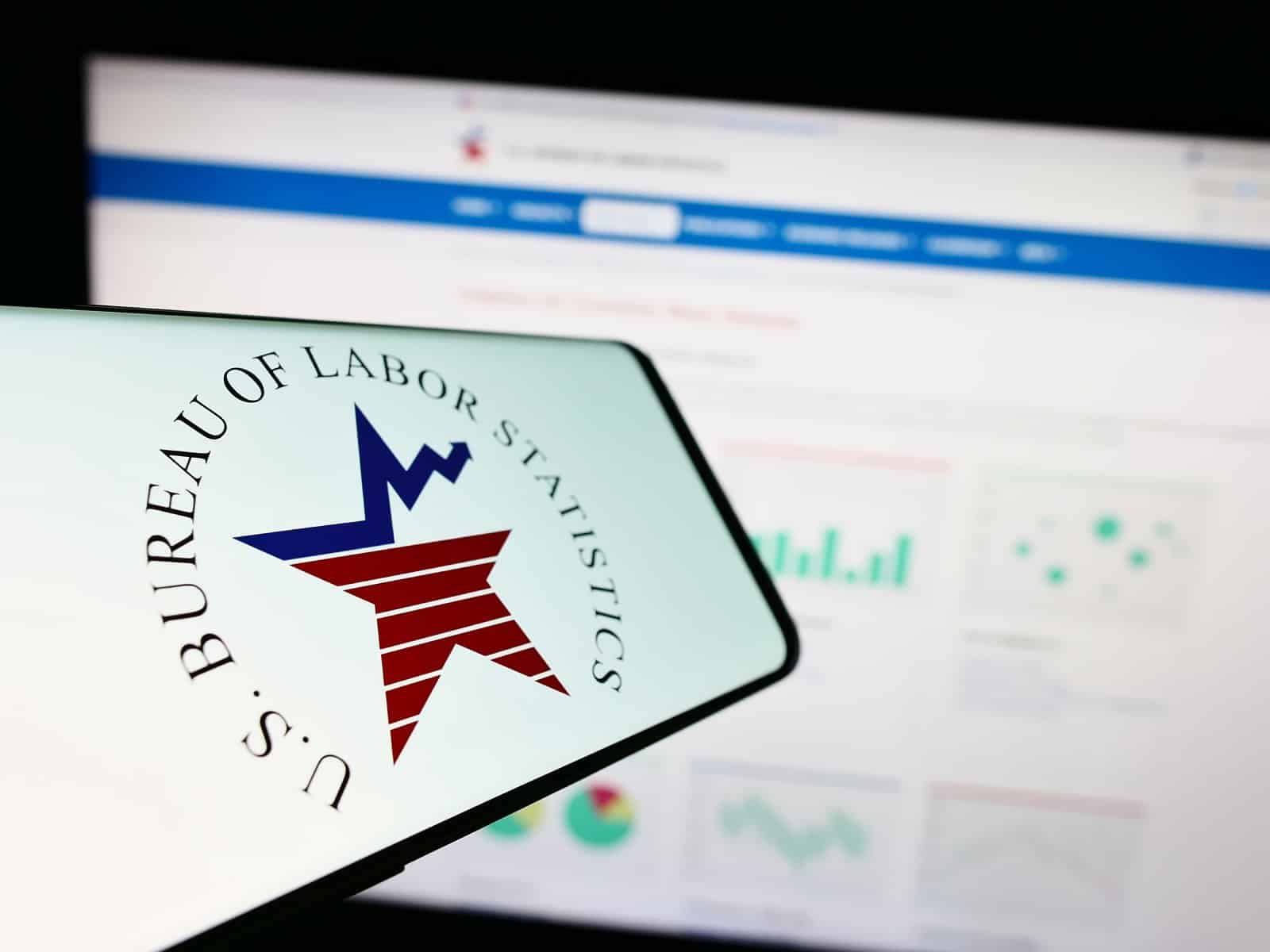The latest Biden administration rule on 401(k) plans is reshaping how employers manage retirement plans. It’s a complex scenario requiring a fresh understanding of fiduciary duties and provider relationships. This rule aims to protect employees but also imposes new responsibilities on employers.
Revised Fiduciary Standards

The U.S. Labor Department’s new rules expand fiduciary investment advice standards. Employers, as plan sponsors, must now reevaluate their service providers under these stricter regulations.
Impact on Plan Sponsors

Plan sponsors, traditionally the focus of fiduciary rules, are now receiving new protections. However, this change also brings increased responsibilities, especially in monitoring service providers.
Service Provider Scrutiny

Employers are obligated to diligently monitor third-party service providers. The new rules could classify more of these providers as fiduciaries, impacting rollover and financial education services.
Comprehensive Oversight

Bonnie Treichel emphasizes the importance of employers understanding the services and fees of all service providers, whether fiduciaries or not.
Wall Street’s Concern

Big banks and insurers might see a significant impact. The new fiduciary status could affect their commissions, especially in the rollover market for older Americans transferring assets.
Redefining Fiduciary Relationships

The rules shift from a 1975 legal test to an analysis focusing on business models and client relationships. This change might negate some legal disclaimers used to avoid fiduciary liabilities.
Advisor Surprises

Many plans might be unaware that their advisers aren’t already considered fiduciaries. This revelation could lead to reevaluations of advisor roles and responsibilities.
Uncertain Outcomes

There’s disagreement among advisers on the exact impact of these rules on retirement plans, indicating a period of adjustment and uncertainty for employers.
Role of Recordkeepers

Recordkeepers who manage plan assets might face new scrutiny under the rules, especially regarding rollover advice.
Insurance and Financial Wellness

Employers use insurance products and financial coaches to offer workers income options and money management advice. These interactions might now qualify as fiduciary investment advice.
Employee Retention and Financial Wellness

A Bank of America study highlights that financial wellness benefits are seen as key to worker retention. The new rules might affect how these benefits are offered and managed.
Changing Communication Dynamics

Katherine Kohn notes that plan sponsors may need to limit or monitor interactions with workers to avoid potential liability, changing how financial advice is communicated.
Fiduciary Status for Wellness Firms

While banks and insurers may already have fiduciary roles, financial wellness firms typically do not. The new rule blurs the line between education and advice in these settings.
Gray Areas in Advice

When experts advise workers on 401(k) benefits, distinguishing between education and investment advice becomes challenging under the new regulations.
Implications for Employers

Employers must adapt to these changes, ensuring compliance while still providing valuable retirement options to their employees.
Preparing for the Future

Navigating these new regulations requires employers to be more vigilant and proactive in managing their retirement plan offerings, balancing employee needs with regulatory compliance.
21 States Where Squatters Can Legally Claim Your Property

Discover how squatters’ rights, or adverse possession, are more than just legal jargon—they’re stories of unexpected twists in the world of real estate. From sunny California to the historical landscapes of Pennsylvania, here’s how these laws could turn the tables on homeowners and squatters alike. 21 States Where Squatters Can Legally Claim Your Property
14 Things That Are Banned in the U.S. but Totally Fine Elsewhere

Ever feel like America’s rulebook was written by someone with a dartboard? Across the pond or down under, things get even wackier. Let’s take a walk on the wild side of global “Do’s” that are definite “Don’ts” in the Land of the Free. 14 Things That Are Banned in the U.S. but Totally Fine Elsewhere
25 American States Nobody Wants to Visit Anymore

Across the United States, some states capture the hearts and itineraries of many, while others remain quietly on the sidelines, overshadowed or misunderstood. These 25 states, facing what you might call a popularity crisis, are brimming with hidden wonders, cultural riches, and natural beauty, awaiting those willing to look beyond the usual tourist trails. 25 American States Nobody Wants to Visit Anymore
20 Foods That Are Cheaper to Eat Out Than Making at Home

In a world where convenience often wins, certain culinary delights come with a lower price tag when enjoyed at a restaurant rather than crafted in your own kitchen. Here are twenty foods that might save you both time and money when indulged in at your favorite eatery. 20 Foods That Are Cheaper to Eat out Than Making at Home
17 Things You’re Paying For, but You Don’t Have To

In the land of the free, there’s a price tag on everything, but savvy Americans know better than to open their wallets for just anything. Here are 17 expenses you’ve been shelling out for without realizing there’s a cheaper or even free alternative. 17 Things You’re Paying For, but You Don’t Have To
The post Employers Upset Over Recent Changes in 401(k) Rules first appeared on From Frugal to Free.
Featured Image Credit: Shutterstock / Roman Samborskyi.
The content of this article is for informational purposes only and does not constitute or replace professional financial advice.
